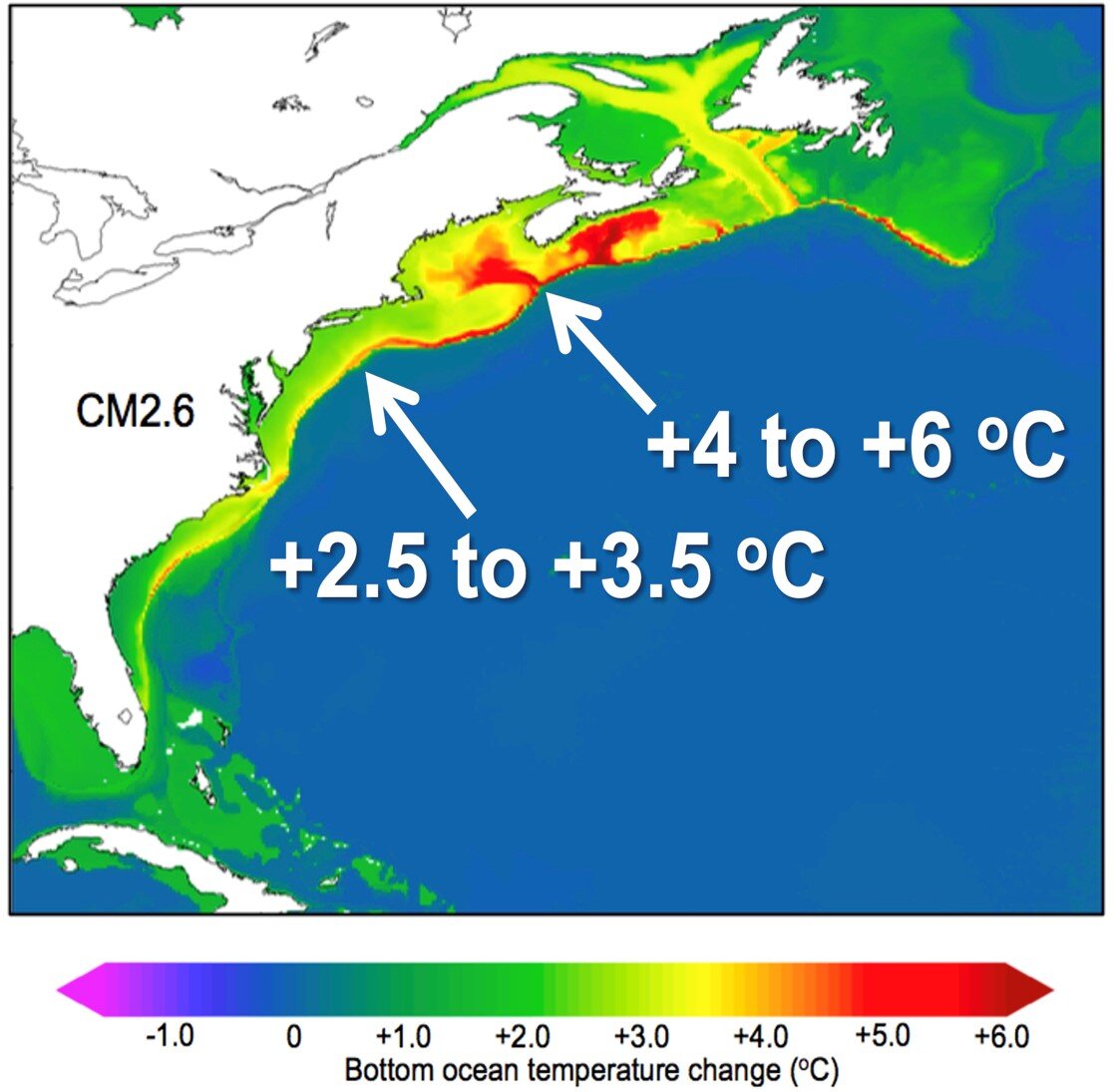The Mid‐Atlantic Fishery Management Council (Council) is seeking a contractor(s) to update and develop Essential Fish Habitat (EFH) source documents for all Federally managed species in the Northeast. The proposal submission deadline is December 20, 2024.
Background: The regional fishery management councils are required under the Magnuson-Stevens Fishery Conservation and Management Act to identify and describe EFH for all federally managed species. In the past, the Northeast Fisheries Science Center has compiled information on the distribution, abundance, and habitat requirements for each species managed by the Mid-Atlantic and New England Councils. These documents, referred to as “EFH source documents,” provide foundational information to support EFH reviews and designations. In addition to describing habitat requirements, these documents present information on all aspects of fish life history and ecology, including food habits, predator-prey dynamics, movement/migration, and stock genetics/structure. Although EFH source documents continue to be used by managers and researchers, they have not been revised or updated since the mid-2000s.
The goal of this project is to update EFH source documents for all Federally managed species to include new information on life history and ecology, distribution, habitat requirements, and climate impacts. These updates will ensure that EFH designations, consultations, and management decisions are guided by the most up-to-date science, supporting resilient, climate-ready fisheries across the Northeast US.
Scope of Work: The contractor(s) will conduct in-depth literature reviews and update all sections of the EFH source documents for all species currently managed by the Mid-Atlantic and New England Councils. EFH source documents were not previously prepared for a small number of managed species and will therefore need to be newly developed. The structure for the new and updated source documents will be developed by the contractor and approved by a project oversight team. Climate change adaptation is a focus area for both Councils. New and updated source documents should be “climate ready” in the sense that they should reflect any research literature that explains recent spatial changes in fish habitat use or adjustments to timing of activities such as spawning or migration.
Additional Information: Complete details about the project, contractor qualifications, and proposal submission instructions can be found in the request for proposals (RFP).



